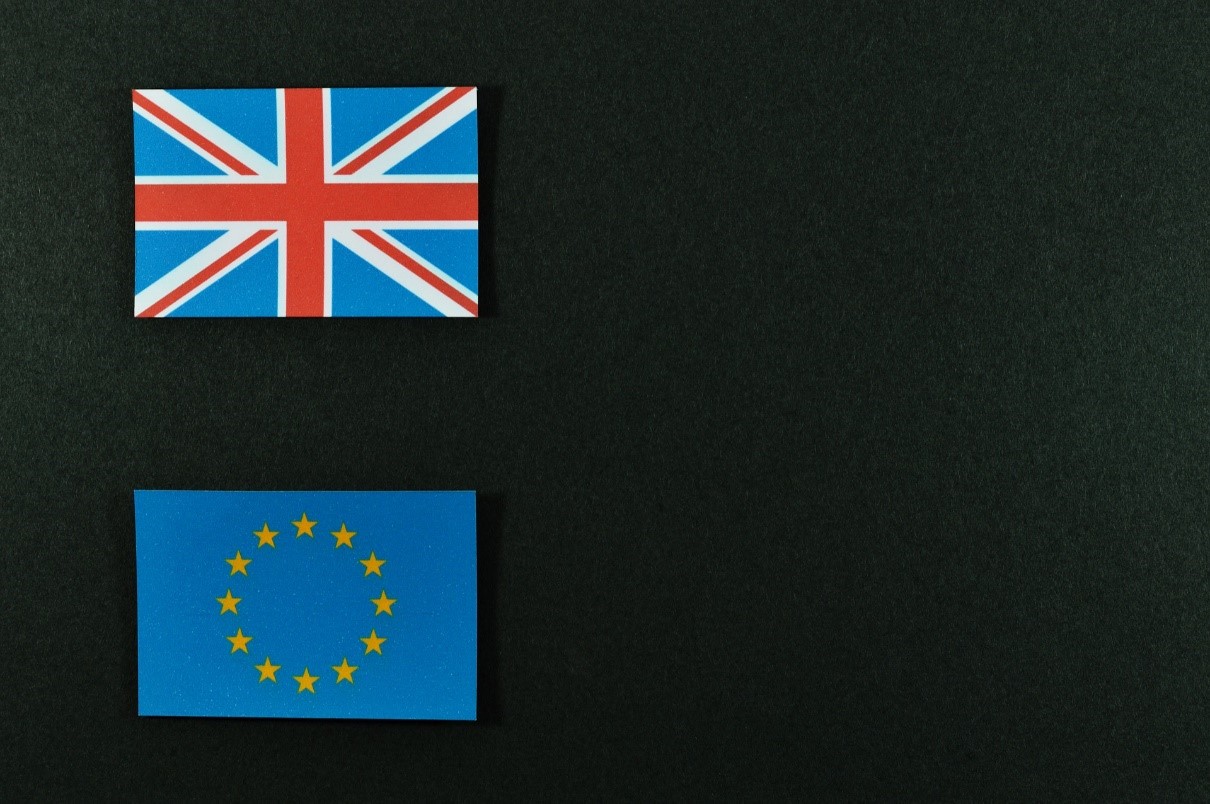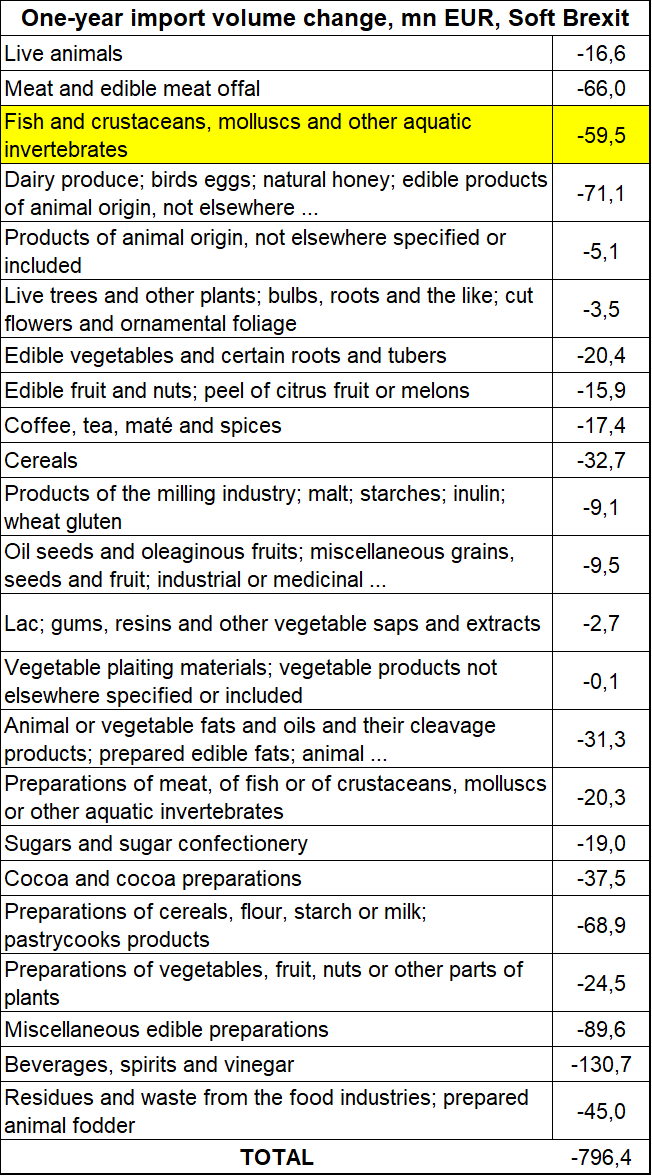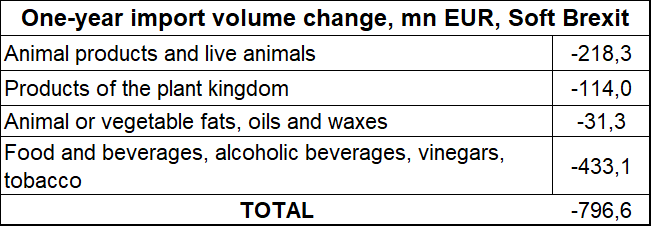Passporting will no longer be possible after the end of the transition period. The FCA, working with other UK authorities, has introduced the temporary permissions regime (TPR). The TPR will allow EEA-based firms passporting into the UK to continue operating in the UK within the scope of their current permissions for a limited period, while they seek full FCA authorisation, if required. The deadline for EEA firms to notify the FCA they want to enter the TPR closes on 30 December 2020.
The TPR will enable various EEA funds to continue to be marketed in the UK for a limited period provided the fund manager has notified the FCA before the window for notification closes on 30 December 2020.
In addition, the FCA and other UK authorities have also introduced the financial services contracts regime (FSCR). This will allow EEA passporting firms that do not enter the TPR to wind down their UK business in an orderly fashion.
When passporting ends at the end of the transition period, the extent to which UK firms can continue to provide services to customers in the EEA will be dependent on local law and local regulators’ expectations. The FCA expects UK firms to take the steps available to them to ensure they act consistently with these local laws and expectations. The FCA is clear that firms’ decisions need to be guided by obtaining appropriate outcomes for their customers, wherever they are based.
Firms should also be prepared for any regulatory changes that will come into force. To help firms adapt to some of the new rules the Treasury has given the FCA new powers to make transitional provisions, known as the temporary transitional powers (TTP). Whilst the FCA has applied the TTP on a broad basis, there are some key exceptions where firms will need to comply with the changed requirements from the end of the transition period. Firms should check the implications of these for their business.



